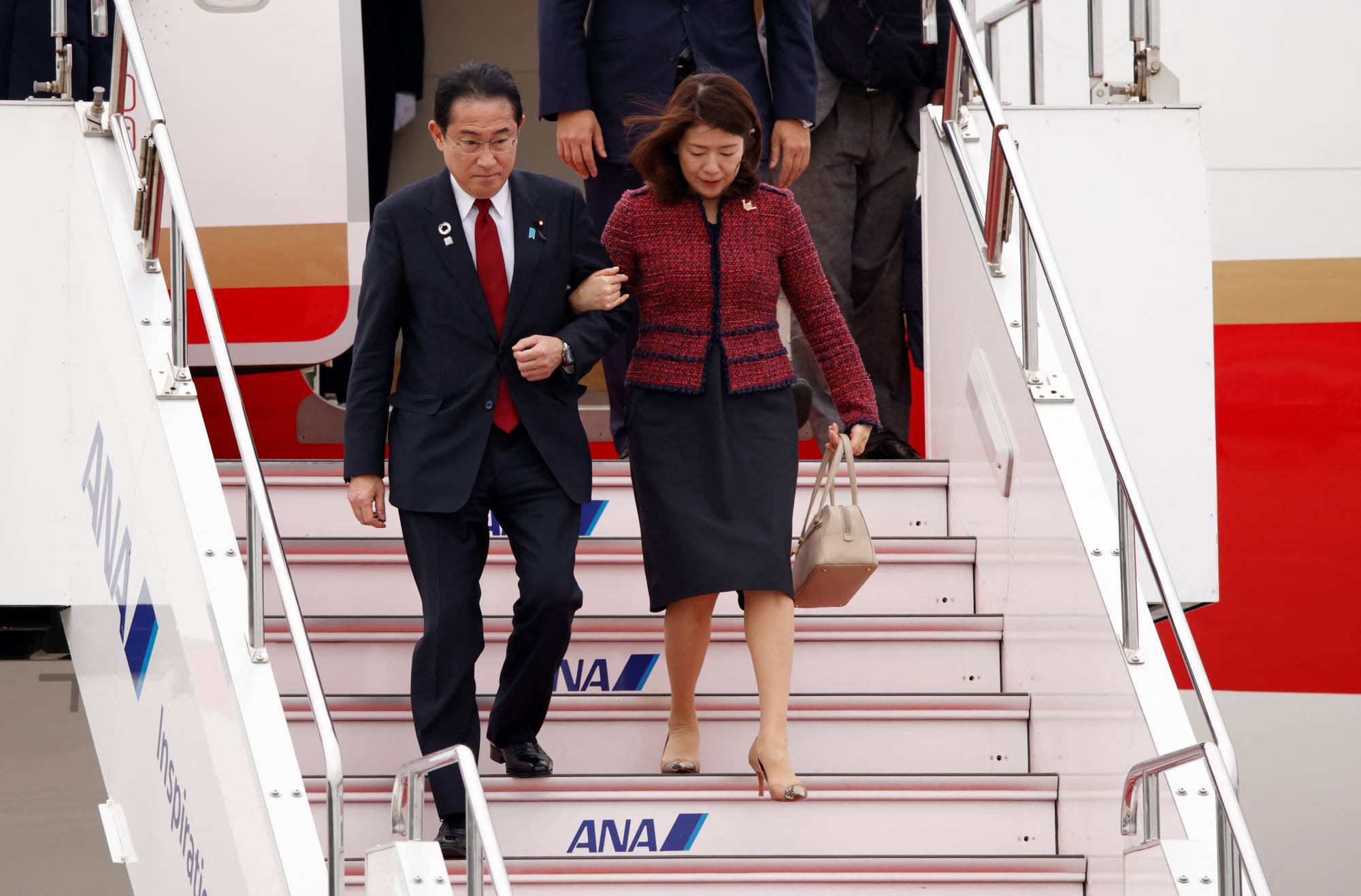As Group of Seven leaders gather in Hiroshima for their annual summit this week, there will be one key issue at the front of their minds: emphasizing continued unity and support for war-torn Ukraine.
Discussions on the issue will come at a crucial time for the G7 grouping itself, which has struggled to define its purpose and goals in recent years, as well as for the host country — with Prime Minister Fumio Kishida going so far as to label the summit “the most important in Japan's history” as Tokyo finds itself in an increasingly fraught security environment.
Diplomats say G7 leaders will pledge continued backing for Kyiv as it prepares for a highly anticipated counteroffensive against Russia, while Tokyo, and especially Kishida, will aim to link a robust response to Moscow’s aggression with deterrence efforts in Asia — namely against what it sees as a growing threat from China.


















With your current subscription plan you can comment on stories. However, before writing your first comment, please create a display name in the Profile section of your subscriber account page.